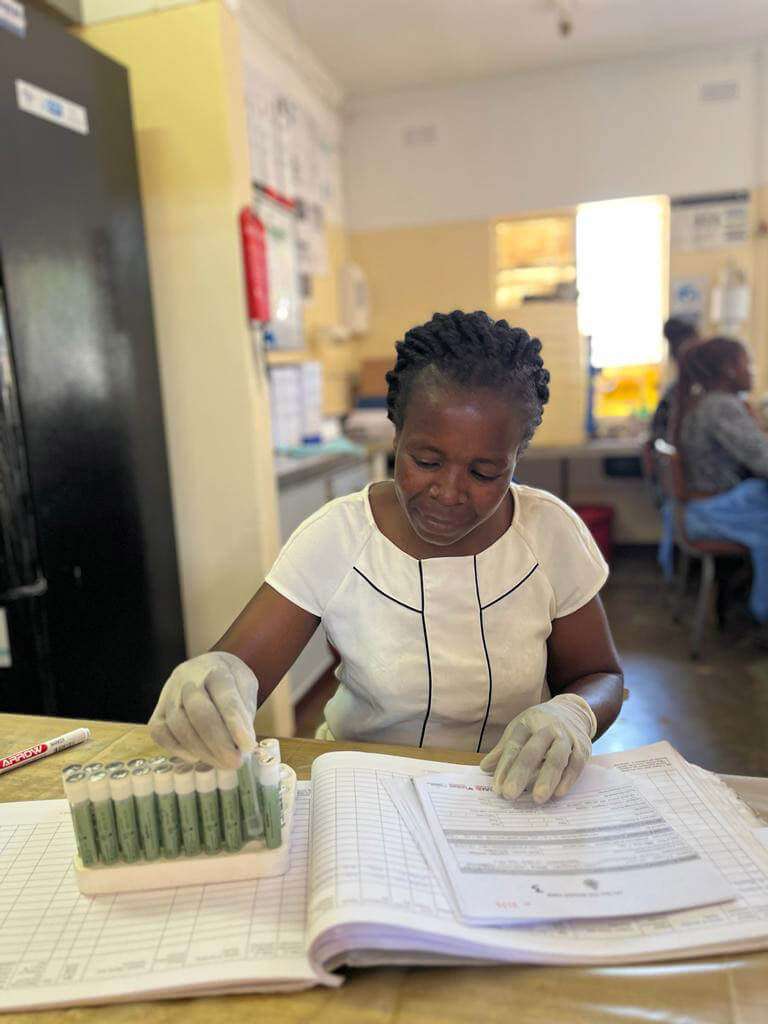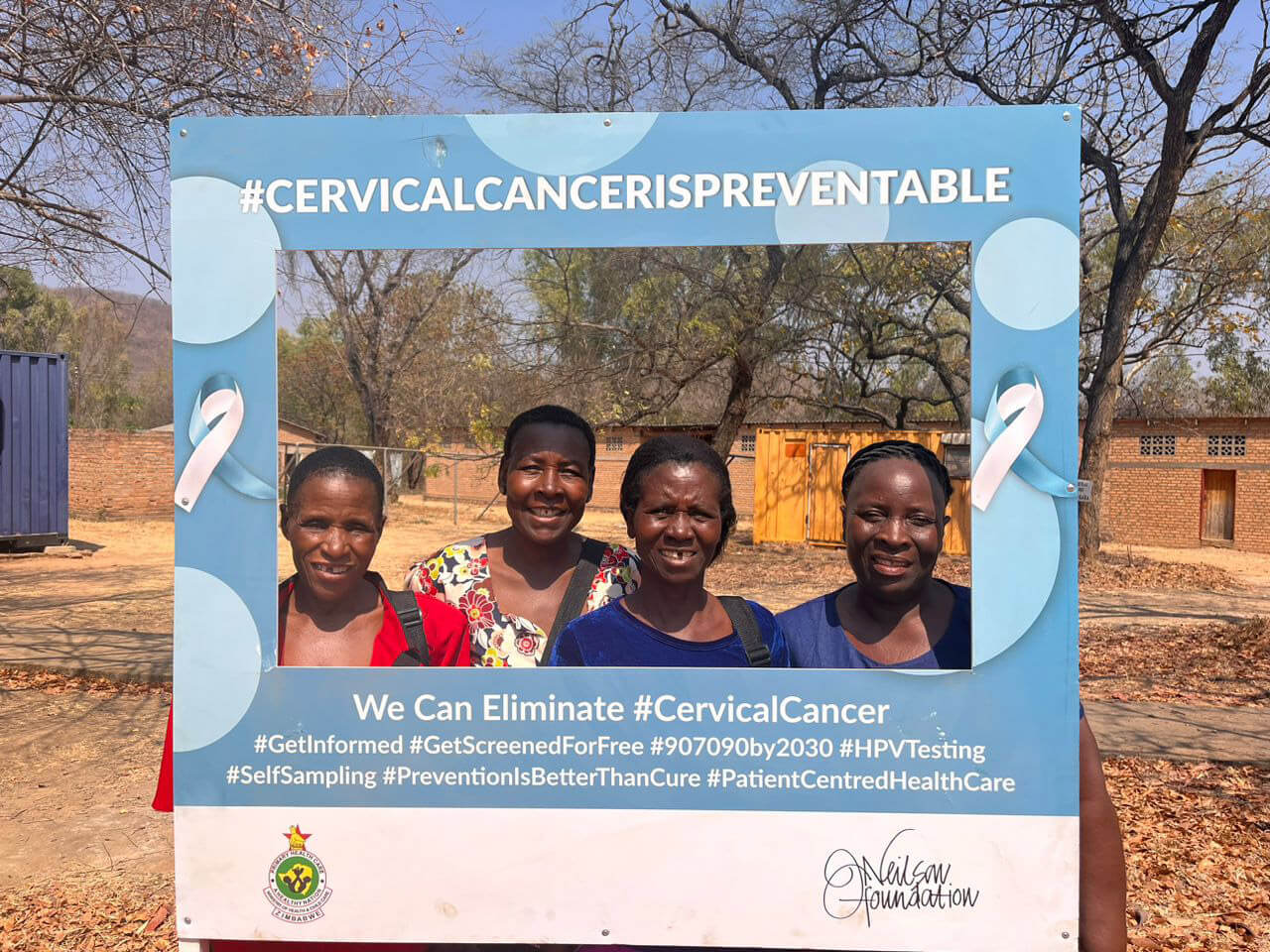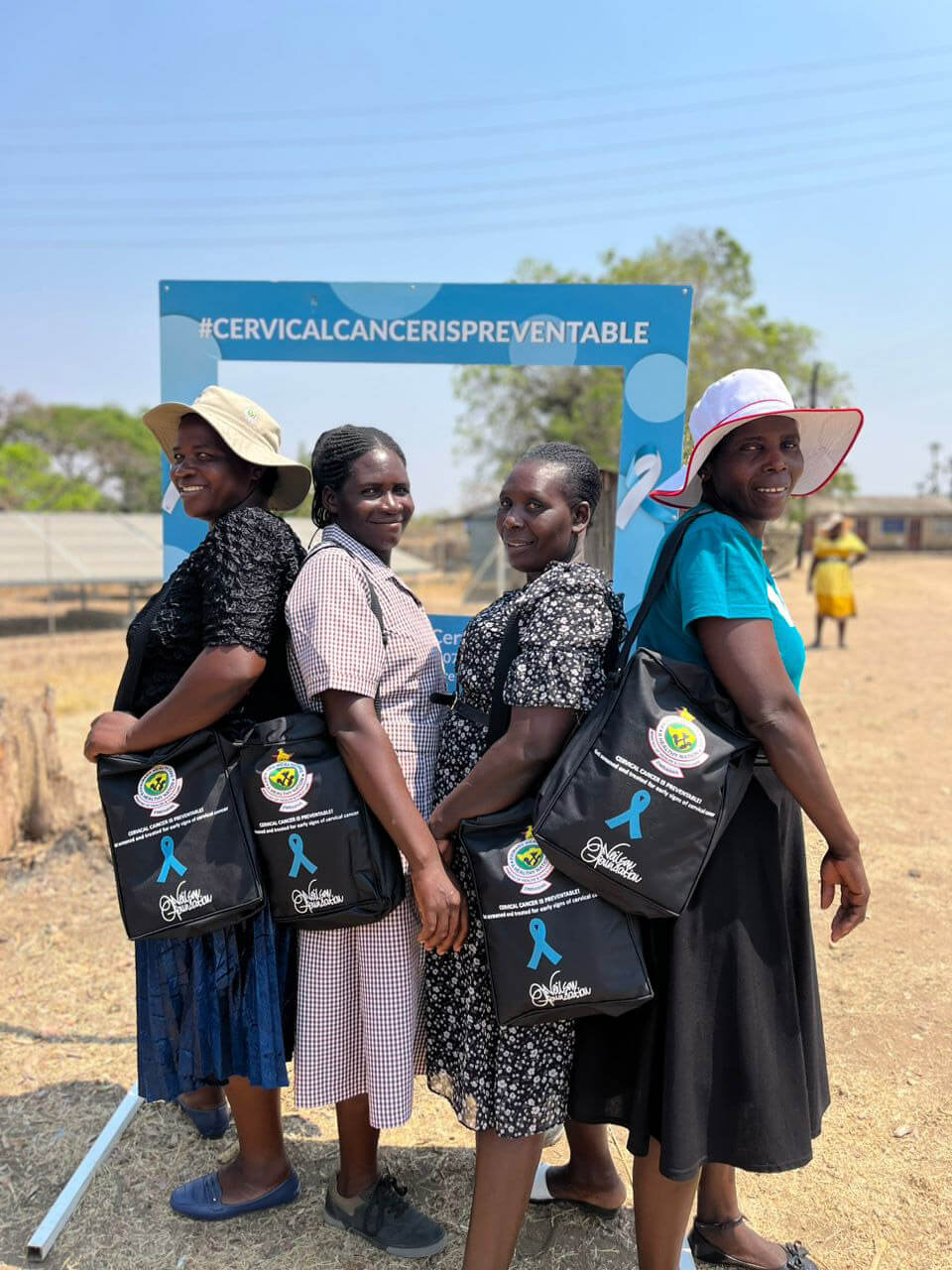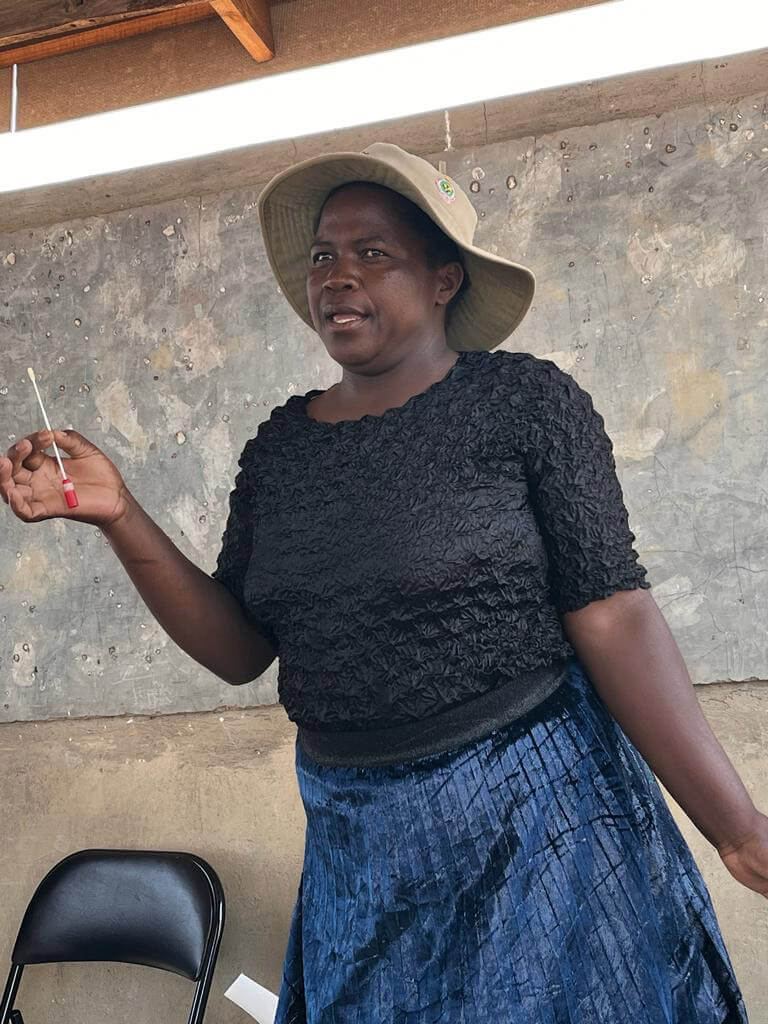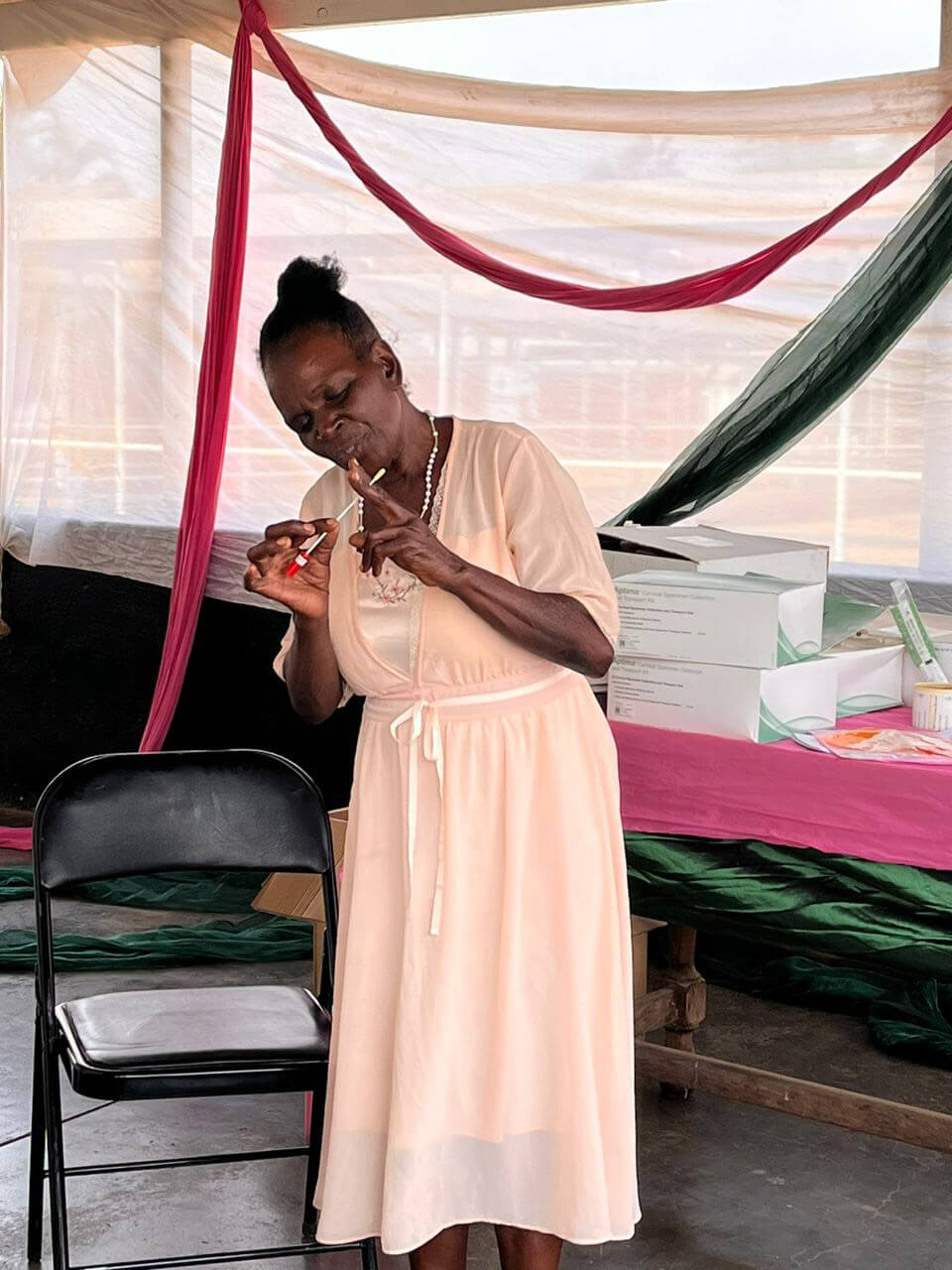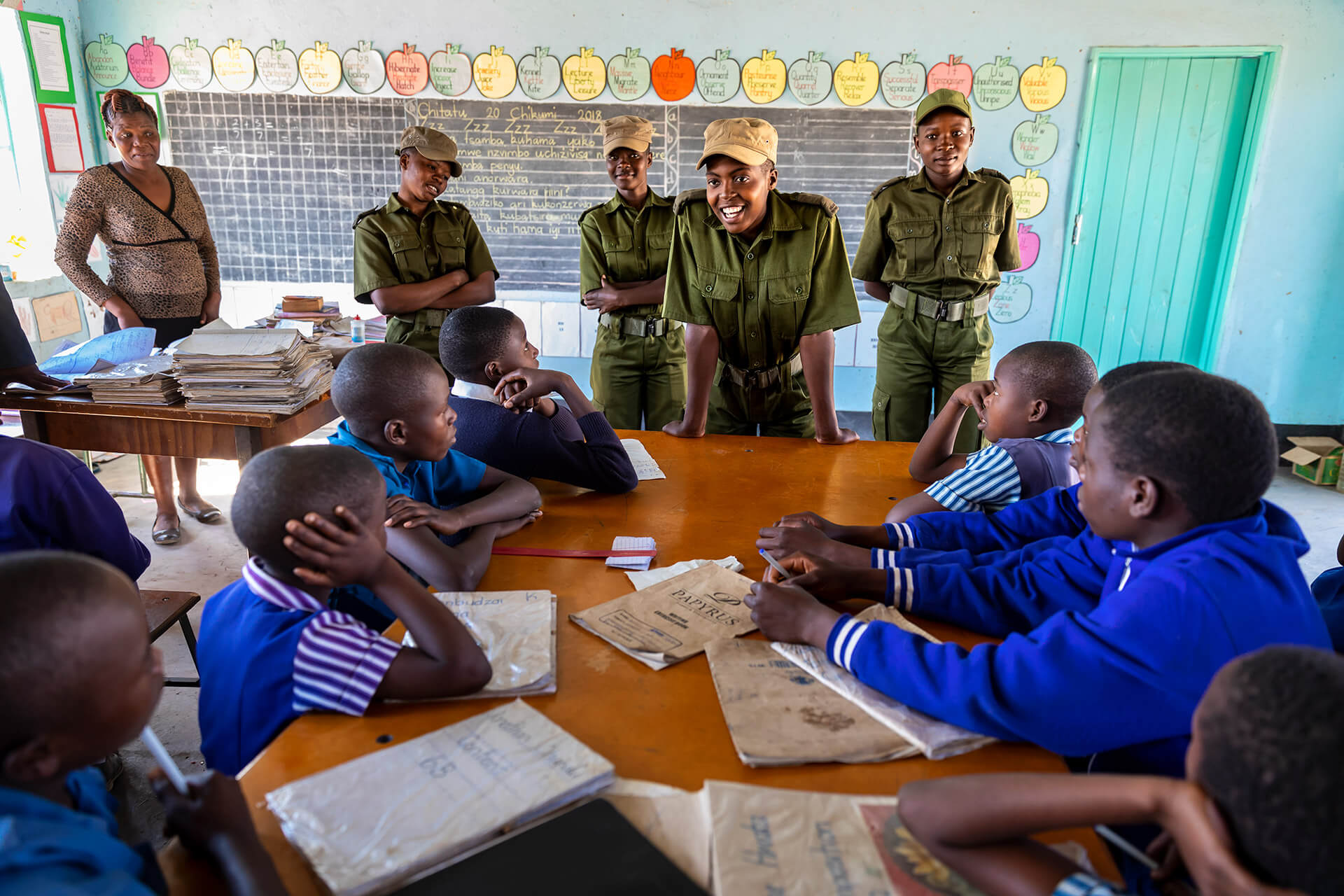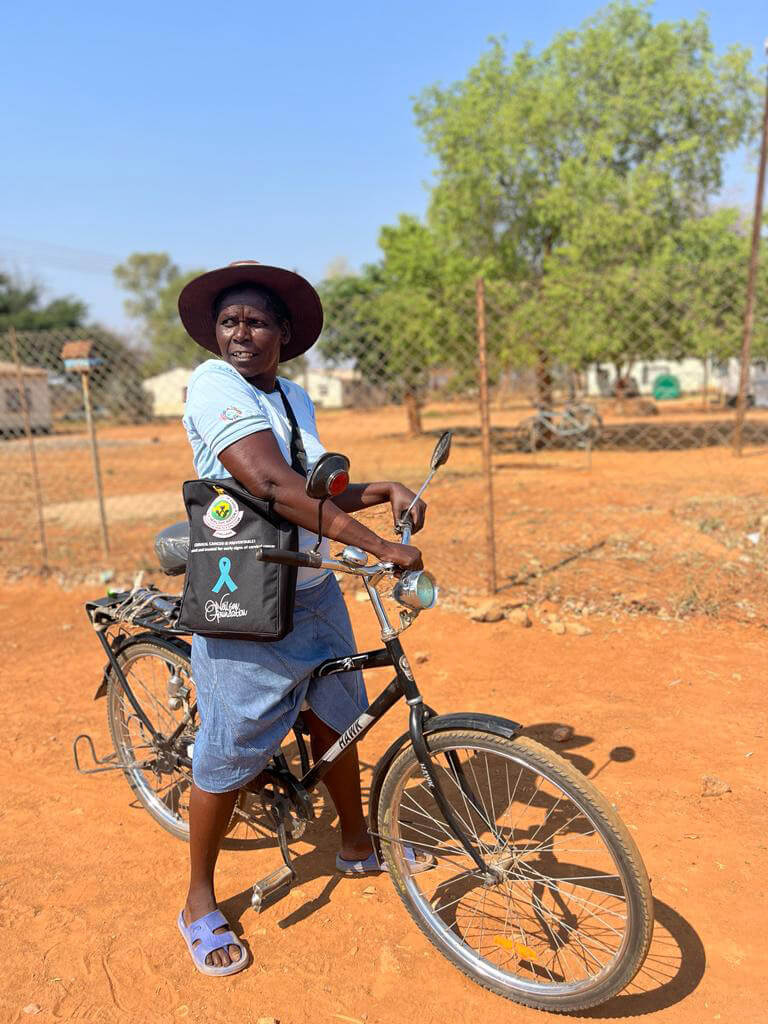In Africa we work in partnership with organisations committed to enhancing the wellbeing and resilience of communities. We prioritise the most vulnerable, with a focus on rural communities and people in poor urban areas.
Work / Africa
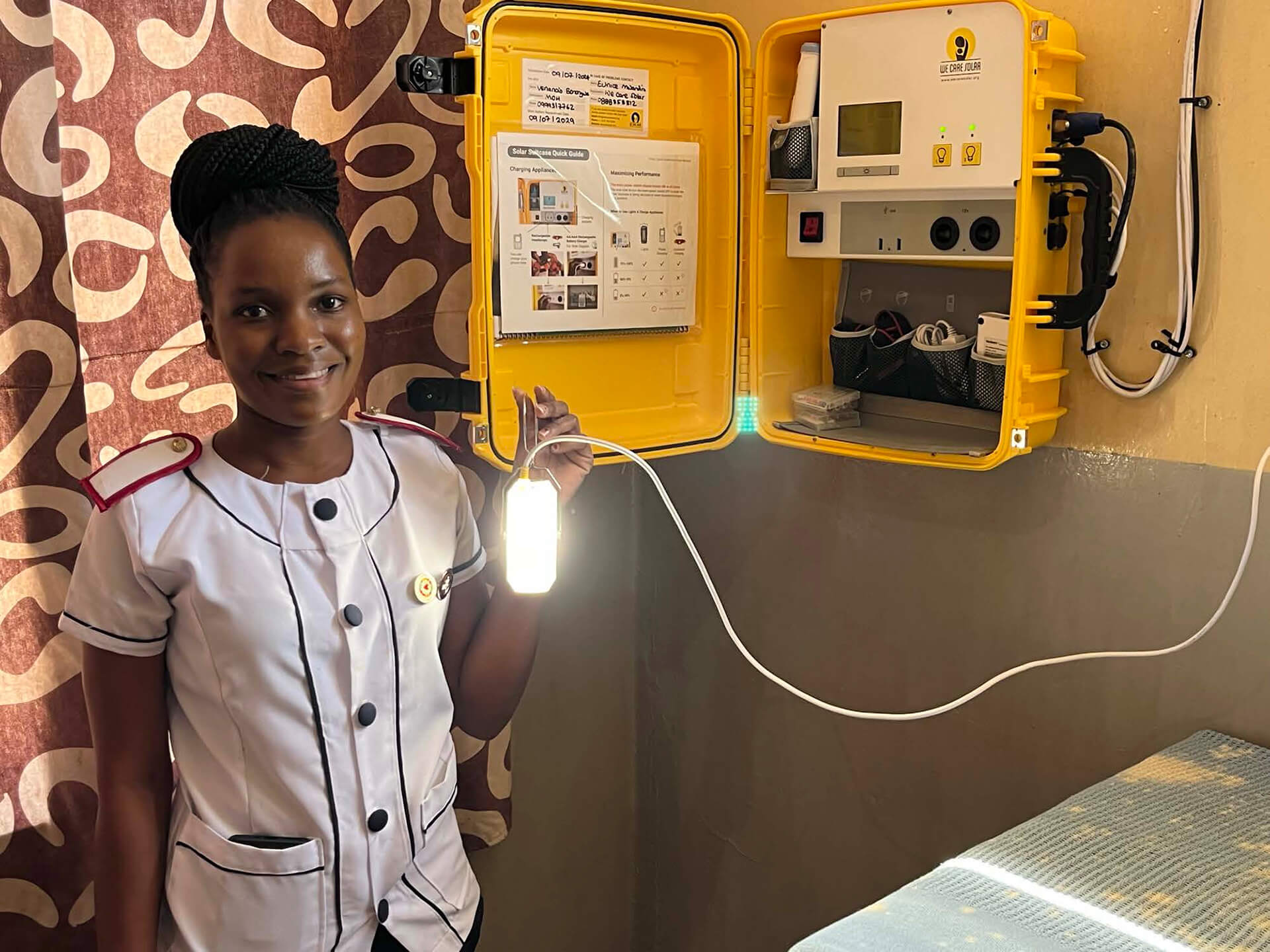
We focus our efforts in:
- Kenya,
- Malawi,
- Mozambique,
- Rwanda,
- South Africa,
- Tanzania,
- Uganda,
- Zambia,
- and Zimbabwe
- Kenya
- Malawi
- Mozambique
- Rwanda
- South Africa
- Tanzania
- Uganda
- Zambia
- Zimbabwe
Agriculture is a pillar of Kenya’s economy, but the country faces significant food insecurity, affecting up to 10 million Kenyans. Climate change exacerbates this issue, driving farmers into less fertile regions.
Our partnerships aim to improve livelihoods and job opportunities through financial inclusion, value chain development, and agricultural innovation. We support initiatives that provide Kenyan farmers with the tools, technologies, and market infrastructure needed to boost productivity and adapt to climate change.
We invest in partnerships that provide water-free toilets in densely populated, low-income areas, ensuring access to hygienic and dignified sanitation services.
Malawi is progressing in economic reforms and healthcare improvements, despite being among the world’s poorest countries. The country has successfully reduced child mortality rates and managed diseases like HIV/AIDS and malaria, though malaria remains the leading cause of illness and death.
We support partnerships that strengthen Malawi’s health system by focusing on malaria control, maternal and newborn care, sexual and reproductive health, and sanitation and hygiene facilities.
In education, our partnerships work to tackle educational barriers for girls, including efforts to combat child marriage and sexual violence. We aim to ensure safer, more inclusive educational environments for girls and vulnerable children.
Mozambique, with its rich natural resources, has seen economic growth but remains one of the world’s poorest countries, largely dependent on small-scale farming. The country is increasingly vulnerable to climate change, with more frequent and intense floods and droughts.
We invest in environmental stewardship in Mozambique, with our partnerships focusing on combating environmental degradation and wildlife poaching. Our partners aim to create sustainable jobs and empower women in managing wilderness areas.
Rwanda has made great progress in health and development, and has recorded significant declines in child mortality, maternal mortality, and deaths from tuberculosis, AIDS, and malaria. Rwanda has trained community health workers and invested in rural health posts, reaching communities nationwide. However, Rwanda continues to grapple with challenges in providing improved quality of water, electricity infrastructure, and essential education and health services.
As one of Africa’s most affluent nations, South Africa faces the challenge of ensuring its wealth is shared equitably among its people. Our partners focus on enhancing access to quality education, a crucial step towards equal opportunity.
In South Africa, we invest in partnerships the arts, sports, and cultural activities to strengthen community bonds, address social inequality, and foster a sense of shared identity and understanding.
Tanzania boasts a diverse range of over 14,000 wildlife species, making wildlife tourism a key contributor to its economy and community livelihoods. However, challenges such as unsustainable natural resource management, weak environmental governance, and the demand for wildlife products pose threats to its rich biodiversity.
We invest in partners dedicated to conserving endangered wildlife habitats and reducing wildlife poaching. These efforts are also focused on creating sustainable employment opportunities and empowering women in wilderness management, addressing both environmental degradation and poaching.
Uganda, the world’s third-largest refugee-hosting country, has long been a global leader in its approach to peaceful co-existence and local settlement of refugees. Refugees and host communities share health centres and schools, promoting peaceful coexistence.
We support partnerships delivering community development programs that foster peace between refugees and host communities, with an emphasis on addressing the challenges faced by women and girls, who are disproportionately affected by gender-based violence and conflict-related sexual violence. We invest in peacebuilding, social cohesion, and initiatives to prevent violence against women and girls, thereby strengthening community bonds.
Additionally, we partner with initiatives that improve nutrition services in health facilities, addressing severe malnutrition in children and providing pregnant women, mothers, and their children with essential nutrition services and information.
Zambia’s agricultural sector has experienced rapid growth, but this has come with challenges such as land degradation and biodiversity loss, impacting rural communities and wildlife.
Our partnerships in Zambia focus on enhancing sustainable farming practices among smallholder farmers, stimulating market growth for agricultural products, and aiding impoverished communities. These initiatives aim to balance environmental sustainability with economic development.
In urban areas, Zambia faces challenges in providing adequate water for its expanding population, especially in informal settlements with limited sanitation. Our partners work with communities to provide water-free toilets in these densely populated, low-income areas, ensuring access to hygienic sanitation services.
Zimbabwe has made strides in healthcare, education, and gender equality, but these are threatened by climate change, conflict, and the impact of COVID-19. We invest in partnerships that address Zimbabwe’s high rates of cervical cancer, improving healthcare access for at-risk women.
We also work to tackle educational and health challenges for girls, focusing on the prevalent issues of child marriage and sexual violence against young women. Additionally, we invest in environmental stewardship, with our partners creating sustainable jobs and empowering women in wilderness management to combat environmental degradation and poaching.
In Africa we currently focus
on three areas /
One
Tackling the most pressing health concerns in Sub-Saharan Africa
We are committed to addressing the most critical health concerns in Sub-Saharan Africa by improving access to and the quality of maternal and newborn care, sexual and reproductive health, and treatment for nutritional deficiencies and diarrheal diseases.
Two
Advancing educational and economic equity.
Our goal is to enable equitable access to education, leadership, and economic opportunities for the most vulnerable. This includes education and vocational training, encompassing the arts and sports, as well as fostering sustainable enterprise development and financial inclusion, with a focus on innovative approaches and technologies.
Three
Community development and environmental stewardship
We invest in programs that support peace building, social cohesion, and initiatives to prevent violence against women and girls, thereby strengthening community bonds. Additionally, we support joint environmental stewardship initiatives aimed at preserving and sustaining natural resources
Explore our
programs in
Africa across five
interconnected
themes /
Health
In Sub-Saharan Africa, less than half of the population has access to essential healthcare services, highlighting the unmet need for quality health services and family planning. We invest in partnerships that prioritise maternal and newborn health, sexual and reproductive health, and address nutritional and diarrheal diseases.
Economic equity
We recognise the critical connection between education, active societal participation, and the economic prosperity of communities. With an equity-focused approach, we support education and vocational training, and invest in empowering women’s and girls’ voice and leadership to ensure representation and participation. Additionally, our partnerships aim to enhance livelihoods and job creation through financial inclusion, value chain development, and agricultural innovation.
Education
In Sub-Saharan Africa, where education exclusion rates are the highest globally, our focus is on fostering lifelong learning. This approach stimulates economic growth, helps to reduce child marriage, and improves reproductive health. We are dedicated to improving both access and quality of education and vocational training. In parallel, we recognise the transformative power of culture in enhancing educational outcomes, mental health, and resilience. Through partnerships in the arts, sports, and cultural activities, we aim to build stronger social ties and inclusivity in communities, nurturing a shared sense of belonging and understanding.
Peace & protection
We support community development programs that work to prevent violence and foster peace, both within and among communities. We place emphasis on addressing the challenges faced by women and girls, who are disproportionately affected by gender-based violence and often subjected to conflict-related sexual violence in many parts of Africa.
Environmental stewardship
We champion the effective management of land and water resources, along with the provision of clean energy, recognising their many benefits including health improvements and income-generating opportunities. These initiatives also play a crucial role in alleviating conflicts over scarce resources through joint management. Our Foundation is dedicated to promoting climate-smart strategies to build resilience against climate shocks and disasters.
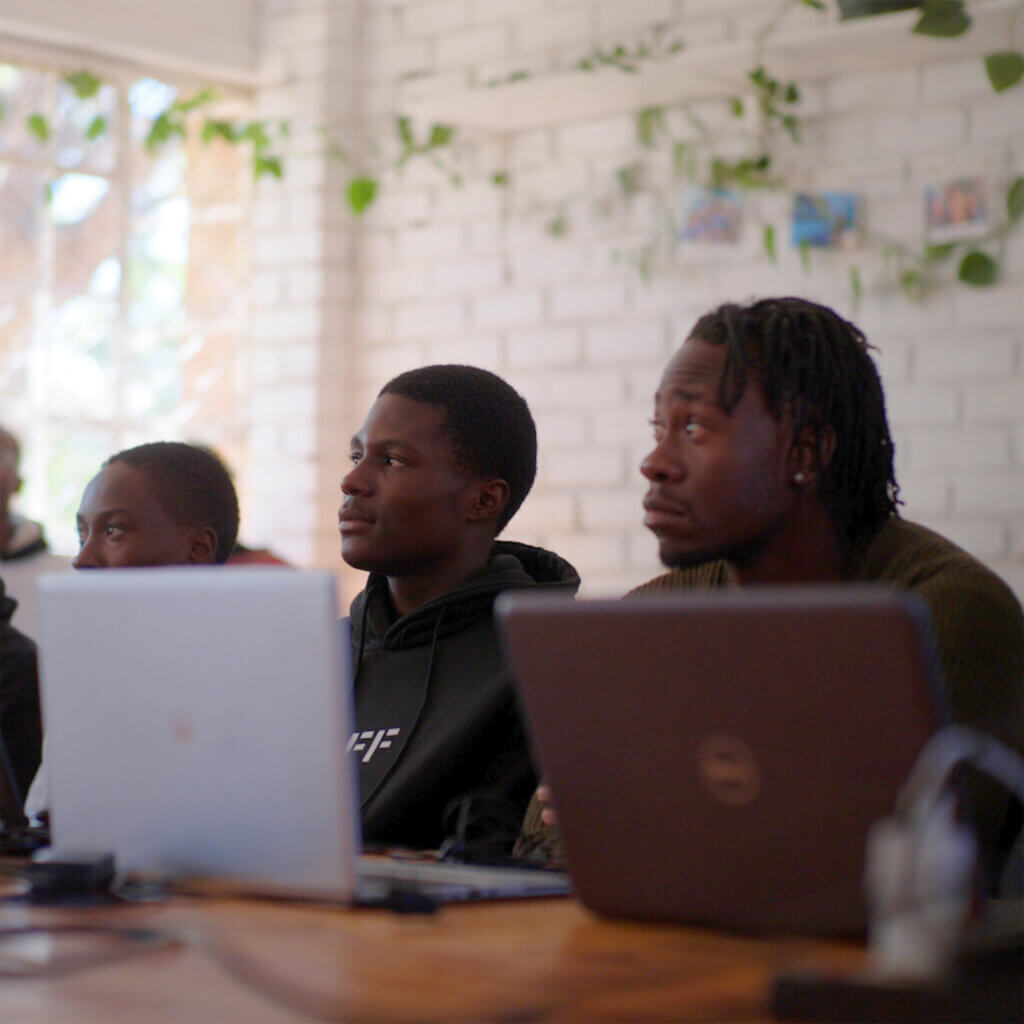
anchor
Fact sheets /
A snapshot of our priorities.
Partner spotlight /
Africa
Clinton Health Access Initiative
The Clinton Health Access Initiative is a global health organisation committed to saving lives and reducing the burden of disease in low-and middle-income countries, while strengthening governments and the private sector to create sustainable high-quality health systems. In Zimbabwe, a nation with one of the highest rates of cervical cancer in the world, the Clinton Health Access Initiative is making cervical cancer preventative care and treatment more accessible and affordable for women.
Our partnership with the Clinton Health Access Initiative will ensure vital prevention and treatment services are more accessible for women, particularly in rural and underserved communities, with the goal of reducing the burden of disease and allowing future generations of women to live free from cervical cancer. If you would like to learn more, please visit their website.


